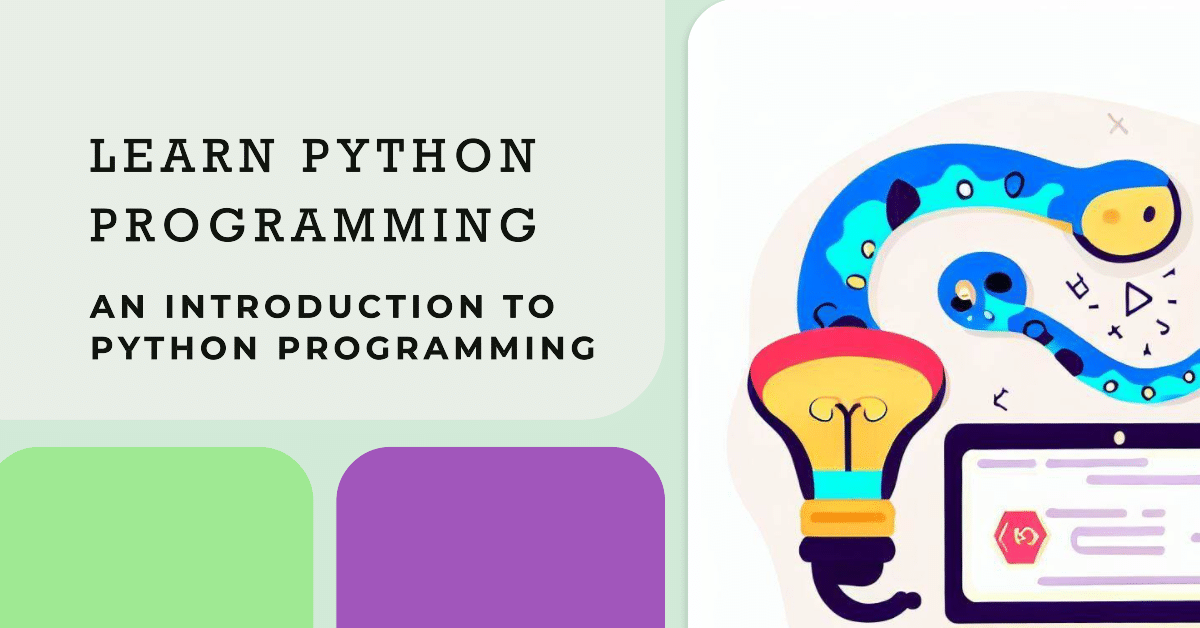Semester I BCA Syllabus BCA101 T – Programming Principles Using Python for better understanding.
Semester I Paper BCA101 T Unit II:
Introduction to Python Programming:
Description:
This topic provides an introductory overview of Python programming, focusing on essential concepts and skills necessary for computer science students. Python is a versatile and beginner-friendly programming language known for its readability and ease of use. This course aims to equip students with a solid foundation in Python programming, enabling them to write basic programs and solve simple computational problems.
Objectives:
- Familiarize students with the Python programming environment, including the Python interpreter and the concept of indentation.
- Introduce students to Python’s fundamental elements, such as identifiers, keywords, literals, numbers, and strings.
- Enable students to understand and apply various types of operators in Python, including arithmetic, relational, boolean, assignment, ternary, and bitwise operators.
- Teach students how to construct and evaluate expressions using Python’s operators.
Outline:
Introduction to Python
- Overview of Python as a programming language
- Installation of Python and setting up the development environment
- Introduction to the Python interpreter and Python shell
- Python’s code indentation and formatting
Identifiers, Keywords, and Variables
- Understanding identifiers and naming conventions
- Identifying Python keywords and their significance
- Declaring and using variables in Python
- Data types and variable assignment
Literals, Numbers, and Strings
- Different types of literals in Python (numeric, string, boolean)
- Working with numeric data types (integers, floats)
- Manipulating strings and string operations
- String formatting and concatenation
Operators and Expressions
- Arithmetic Operators: Addition, subtraction, multiplication, division, modulus, exponentiation
- Relational Operators: Comparison and logical operations (==, !=, <, >, <=, >=)
- Boolean Operators: Logical AND, OR, NOT
- Assignment Operators: =, +=, -=, *=, /=, %=, **=
- Ternary Operator: Conditional expressions (if-else shorthand)
- Bitwise Operators: Bitwise AND, OR, XOR, left shift, right shift
Control Structures
- Conditional Statements: if, else, elif
- Loops: while, for, break, continue
- Working with Lists: Introduction to lists, list operations, list comprehensions
- Functions: Defining functions, function parameters, and return values
Recommended Textbook:
- “Python Crash Course” by Eric Matthes (or equivalent Python introductory book).
Prerequisites:
- None, although a basic understanding of computer science concepts is beneficial.
Note:
The course syllabus and schedule are subject to change at the discretion of the University. Students are advised to consult the university website for updates and additional resources.

